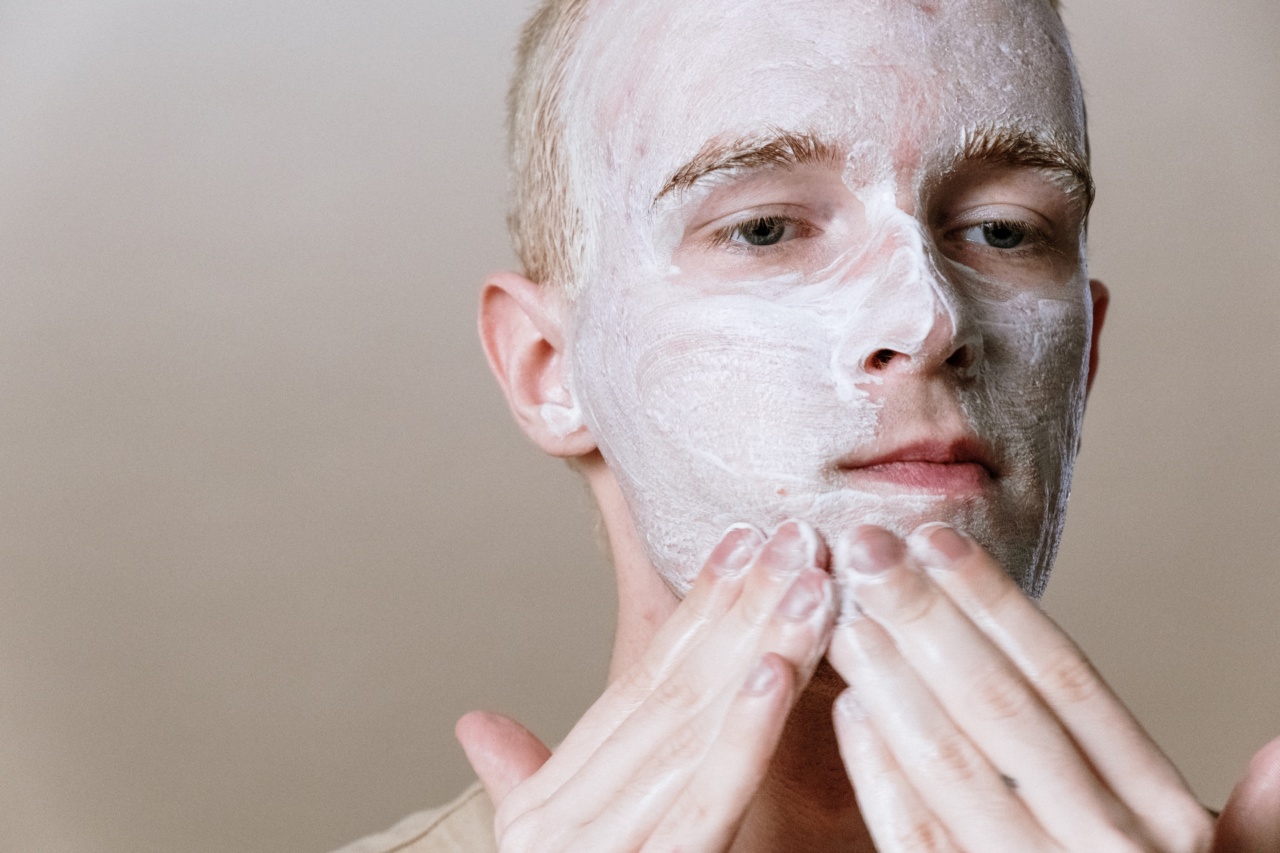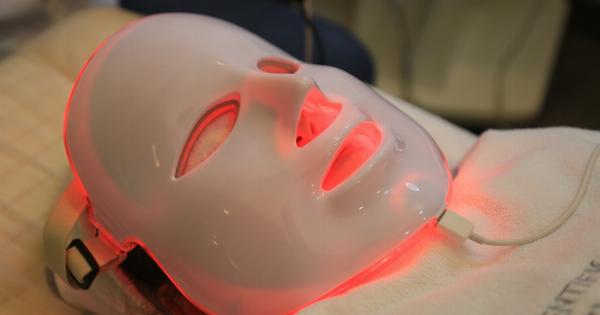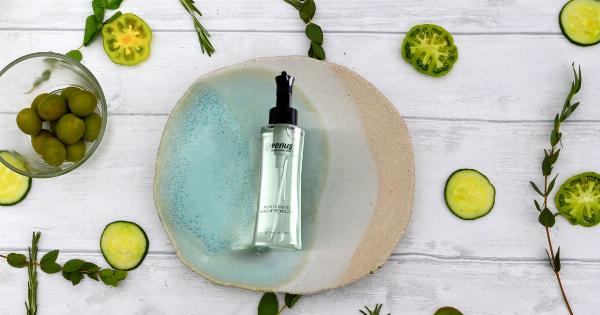Acne is a common skin condition that affects millions of people worldwide. It is characterized by the presence of pimples, blackheads, whiteheads, and sometimes cysts or nodules on the face, chest, back, or other parts of the body.
While the exact cause of acne is not yet fully understood, there are certain triggers that can exacerbate or worsen the condition. In this article, we will explore the trio of acne triggers and how they can impact your skin.
Hormonal fluctuations
One of the major culprits behind acne breakouts is hormonal fluctuations. Hormones play a significant role in regulating the production of oil in our skin, known as sebum.
When there is an imbalance in hormonal levels, such as during puberty, menstrual cycles, pregnancy, or menopause, it can lead to increased sebum production. This excess oil can clog pores, resulting in acne formation. Hormonal acne is commonly seen in teenagers and women experiencing hormonal changes.
Excessive sebum production
Excessive sebum production, also known as seborrhea, is another major trigger for acne. While sebum is necessary for keeping the skin moisturized and protected, too much sebum can lead to a greasy complexion and clogged pores.
Excess oil production can be influenced by genetic factors, hormonal imbalances, stress, certain medications, or even some cosmetic products. People with oily skin are more prone to developing acne due to their increased sebum production.
Clogged pores and bacteria
When excess sebum combines with dead skin cells, it can clog the pores. This forms an ideal environment for the proliferation of the bacteria Propionibacterium acnes (P. acnes), which is commonly found on our skin. P.
acnes feeds on the accumulated sebum and releases substances that can cause inflammation and irritation within the pores. This leads to the formation of inflammatory acne lesions, such as papules, pustules, nodules, and cysts.
Diet and acne
While it was once believed that there was no association between diet and acne, recent research suggests that certain foods may indeed play a role in triggering or exacerbating acne.
High glycemic index foods, such as sugary drinks, processed snacks, and refined carbohydrates, have been found to increase insulin levels, leading to increased sebum production and inflammation. Dairy products, particularly skim milk, have also been linked to acne development due to their hormone content. Consuming a healthy diet rich in fruits, vegetables, whole grains, and lean proteins may help reduce the risk of acne breakouts.
Stress and acne
Stress is a common trigger for many health issues, and acne is no exception. When we are stressed, our body releases hormones such as cortisol, which can stimulate sebum production and lead to more acne breakouts.
Stress can also compromise our immune system, making it harder for our body to fight off acne-causing bacteria. Additionally, stress may cause us to engage in certain behaviors that worsen acne, such as touching our face or picking at pimples. Managing stress through relaxation techniques, exercise, and a healthy lifestyle can help reduce acne flare-ups.
Environmental factors
Our environment can also have an impact on our skin and potentially trigger acne. Exposure to pollutants, such as air pollution and cigarette smoke, can clog pores and contribute to acne development.
High humidity and sweating can also worsen acne, as the excess moisture can contribute to pore blockage. Certain occupational hazards, such as exposure to oils or chemicals, may also increase the risk of developing acne.
It is important to protect your skin from environmental aggressors by cleansing regularly, using non-comedogenic products, and wearing sunscreen.
Genetics and acne susceptibility
Genetics play a role in determining our susceptibility to acne. If your parents or siblings have a history of acne, you may be more prone to developing it as well.
Certain genetic variations can influence sebum production, inflammation levels, and the overall health of your skin. While you cannot change your genetics, understanding your predisposition to acne can help you take proactive steps in preventing breakouts and managing the condition effectively.
Skin care routine
Our skin care routine can either help alleviate or aggravate acne. Harsh cleansing products, such as those containing alcohol or fragrances, can strip away the skin’s natural oils and disrupt its balance.
This can lead to increased sebum production as the skin tries to compensate for the dryness, ultimately worsening acne. On the other hand, over-moisturizing or using heavy, pore-clogging creams and oils can also contribute to acne formation.
Finding the right balance of gentle cleansers, non-comedogenic moisturizers, and acne-fighting ingredients is crucial in managing acne-prone skin.
Medications and acne
Some medications may have acne as a potential side effect. Drugs containing corticosteroids, androgenic hormones, or lithium have been associated with acne breakouts.
Birth control pills, while they can be beneficial in managing hormonal acne for some individuals, may cause acne flare-ups in others. If you suspect that a medication you are taking is worsening your acne, it is important to consult with your healthcare provider to explore alternative options or additional treatment strategies.
Other contributing factors
There are other factors that can contribute to acne development or worsen existing acne.
These include smoking, improper or excessive use of skincare products, friction or pressure on the skin from helmets or tight clothing, and certain cosmetics that are comedogenic or occlusive. It is important to be mindful of these factors and make appropriate changes to your lifestyle and habits to prevent or minimize acne outbreaks.
Conclusion
Acne is a multifactorial condition influenced by various triggers. The trio of acne triggers includes hormonal fluctuations, excessive sebum production, and the presence of bacteria in clogged pores.
Other factors such as diet, stress, genetics, environment, skincare routine, medications, and additional contributing factors can also impact acne development. It is important to identify and manage these triggers to effectively control and prevent acne breakouts.
Maintaining a balanced lifestyle, a healthy diet, a suitable skincare routine, and seeking professional guidance when necessary can help keep acne at bay and promote clear and healthy skin.




























